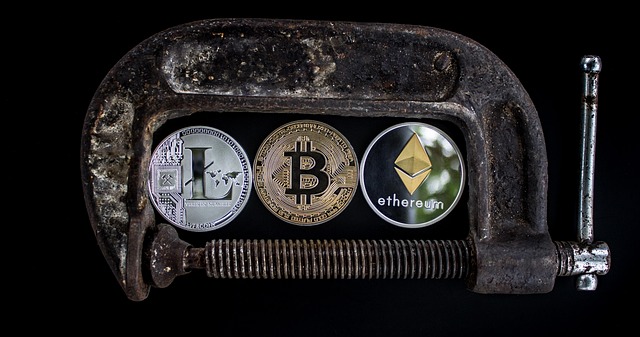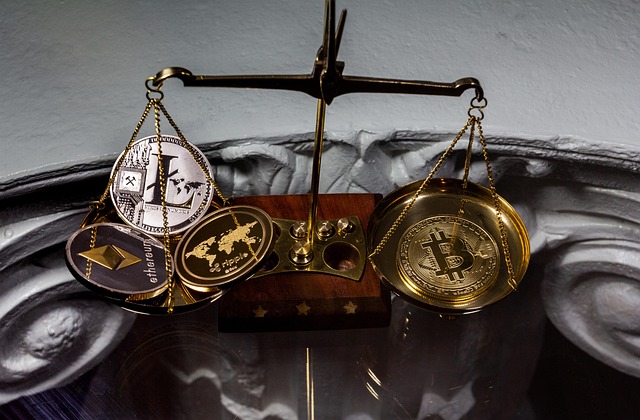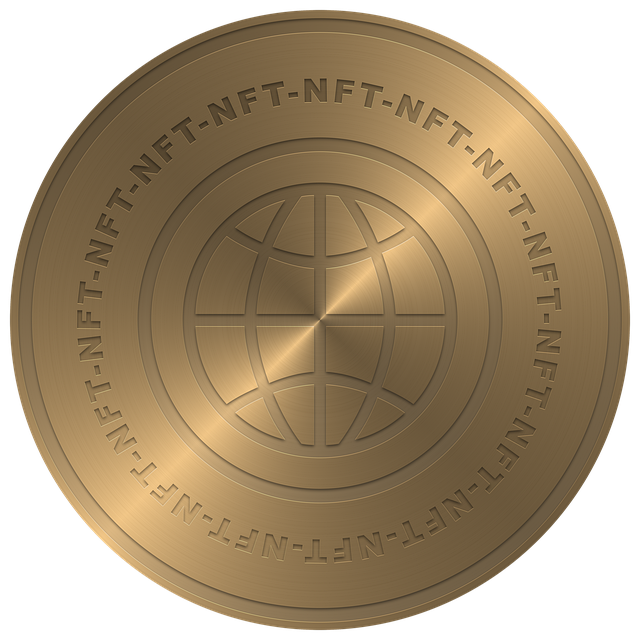
Ethereum, launched in 2015, revolutionized decentralized computing and blockchain technology beyond cryptocurrency. It enabled developers to build decentralized applications (dApps) and sparked Decentralized Finance (DeFi), offering transparent, secure, and accessible financial services without traditional intermediaries like banks. DeFi on Ethereum gained popularity with innovative startups and complex protocols powered by smart contracts. As a global disruptor, Ethereum's native cryptocurrency Ether (ETH) has drawn worldwide investors and developers. Despite security risks and lack of regulatory oversight, DeFi aims to democratize finance with lending, borrowing, trading, and yield farming. Global regulatory responses towards cryptocurrencies, including Ethereum, vary from welcoming innovation to stringent restrictions, shaping the future of DeFi and blockchain industry.
“Regulating the Future: Unveiling the Impact of Global Policies on Ethereum’s Evolution delves into the intricate relationship between blockchain technology and financial regulation. Ethereum, a pioneering force in decentralized finance (DeFi), has sparked a global revolution in finance, offering unprecedented opportunities while navigating complex challenges. This article explores how various countries’ regulatory responses to cryptocurrencies shape Ethereum’s trajectory. By analyzing key policies, we predict future landscapes and provide insights for stakeholders to navigate these evolving regulatory environments.”
- The Rise of Ethereum and Decentralized Finance (DeFi)
- – A brief overview of Ethereum's evolution and its impact on global finance.
- – Explanation of DeFi and its potential benefits and risks.
- Global Regulatory Responses to Cryptocurrencies
The Rise of Ethereum and Decentralized Finance (DeFi)

Ethereum, launched in 2015, introduced a new era of decentralized computing and blockchain technology. It wasn’t just another cryptocurrency; Ethereum enabled developers to build decentralized applications (dApps) on its platform, marking a significant departure from centralized financial systems. This shift paved the way for Decentralized Finance (DeFi), a revolutionary concept that aimed to recreate traditional financial services like lending, borrowing, and trading, but without intermediaries like banks. DeFi on Ethereum quickly gained traction, attracting developers and investors alike with its promise of transparency, security, and accessibility. The network’s smart contract functionality allowed for the creation of complex financial instruments and protocols, fostering a thriving ecosystem of innovative startups and projects.
– A brief overview of Ethereum's evolution and its impact on global finance.

Ethereum, launched in 2015, has evolved from a promising blockchain project to a global phenomenon disrupting traditional finance and beyond. Its native cryptocurrency, Ether (ETH), has become a key player in the digital currency market, attracting investors and developers worldwide. Ethereum’s innovative smart contract technology allows for decentralized applications (dApps) and decentralized finance (DeFi) platforms, offering alternative financial services that bypass traditional intermediaries.
This revolutionary platform has sparked a new era of financial inclusion and innovation. DeFi protocols on Ethereum enable users to borrow, lend, trade, and earn interest without the need for centralized banks. The network’s global reach and open-source nature have fostered a thriving ecosystem of developers and users, constantly pushing the boundaries of what blockchain technology can achieve. As Ethereum continues to evolve with upgrades like Ethereum 2.0, its impact on global finance and beyond is set to grow exponentially.
– Explanation of DeFi and its potential benefits and risks.

Decentralized Finance, or DeFi, is a revolutionary concept within the Ethereum ecosystem that seeks to recreate traditional financial systems on a blockchain-based platform. It aims to democratize finance by eliminating intermediaries like banks, allowing users direct access to a range of financial services. Through smart contracts, DeFi enables lending, borrowing, trading, and yield farming, among other activities. This innovation offers numerous potential benefits, including increased accessibility, lower transaction costs, and enhanced transparency. Users can participate in global financial markets without geographical constraints, fostering inclusivity.
However, the rise of DeFi also presents significant risks. Its decentralized nature makes it prone to security vulnerabilities, as evidenced by several high-profile hacks. The lack of regulatory oversight means there’s limited recourse for investors if things go wrong. Moreover, the complexity of these systems can be a barrier to entry, favoring tech-savvy individuals. As Ethereum and DeFi continue to evolve, addressing these risks while harnessing the technology’s potential will be crucial for shaping a secure and inclusive future for global financial policies.
Global Regulatory Responses to Cryptocurrencies

In recent years, global regulatory responses to cryptocurrencies have evolved significantly, with governments and financial institutions seeking to understand and manage the rapid growth of digital assets like Ethereum. This shift is driven by a need to protect investors, prevent illicit activities, and provide clarity in an unprecedented new financial landscape. Various jurisdictions have taken different approaches—from welcoming innovation to imposing stringent restrictions—highlighting the complexities surrounding regulatory policies.
Regulatory bodies worldwide are navigating uncharted territory as they attempt to balance fostering technological advancements with maintaining stability and security. Ethereum, known for its decentralized nature, has sparked intense debates about centralized versus decentralized finance (DeFi) models. As global policies continue to shape the cryptocurrency space, the future of Ethereum—and by extension, the broader blockchain industry—will be significantly influenced by these regulatory interventions.
As Ethereum continues to evolve, global policies are playing a pivotal role in shaping its future. The regulatory responses to cryptocurrencies, while diverse, aim to balance innovation with consumer protection. For Ethereum and the burgeoning ecosystem of decentralized finance (DeFi), this means navigating complex legal landscapes to ensure accessibility, security, and stability. Ultimately, the success of Ethereum relies on a harmonious collaboration between technological advancement and thoughtful policy-making.





